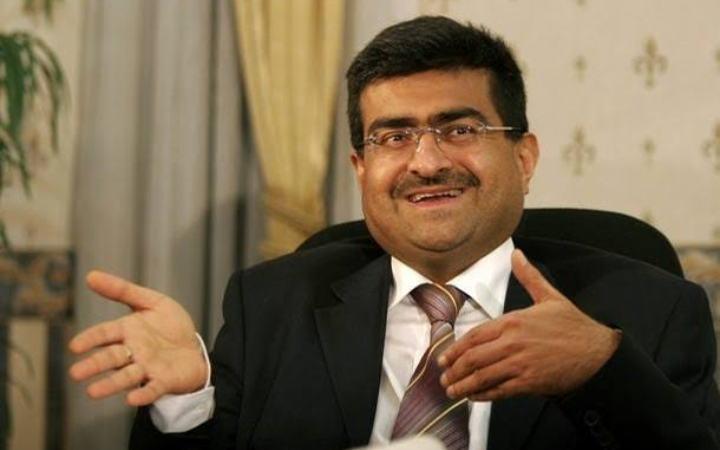The recent sanctions imposed by the US Office of Foreign Assets Control (OFAC) have highlighted a global gold smuggling and money laundering network involving Kamlesh Pattni and 27 other individuals and entities.
Pattni, who is infamous for orchestrating Kenya’s Goldenberg scandal in the 1990s, has shifted his operations to Zimbabwe, where he plays a key role in enabling the illicit movement of gold and dirty money.
This network exploits weak financial oversight and complicit government systems to evade sanctions and launder millions of dollars.
In Zimbabwe, Pattni’s operations center on gold exports through his company, Suzan General Trading.
Gold is smuggled to Dubai, where it is refined, removing traces of its illegal origins.
This process not only launders the gold but also cleans dirty money, enabling it to re-enter the financial system as legitimate funds.
Pattni profits, taking a 10% commission on transactions. Investigations reveal that these activities occur with the complicity of high-ranking Zimbabwean officials, including alleged knowledge and tacit approval from President Emmerson Mnangagwa.

Pattni even boasted of maintaining communication with Mnangagwa to ensure smooth operations.
This network thrives on corruption and government incentives, with entities like the Reserve Bank of Zimbabwe allegedly facilitating the trade under the guise of stabilizing the economy.
By enabling such activities, Zimbabwe circumvents sanctions, securing hard currency while perpetuating systemic corruption.
The smuggling network further benefits from diplomatic privileges and front companies, creating a complex web that undermines financial transparency globally.
Pattni’s operations mirror his exploits in Kenya during the Goldenberg scandal, where he facilitated gold smuggling and defrauded the government of over $600 million.
Although acquitted in Kenyan courts, his role in one of Africa’s largest economic crimes remains a stain on his reputation.
His move to Zimbabwe and subsequent involvement in another large-scale gold smuggling ring underscores his adaptability in exploiting systemic weaknesses across borders.
The US sanctions aim to dismantle this network by targeting not only individuals like Pattni but also the businesses that enable such operations.
This action signals a global effort to curb illicit financial flows, which undermine economic stability and governance in vulnerable countries.
However, the entrenched nature of these networks and their political connections present challenges.
The exposure of Pattni and his associates raises broader questions about the complicity of governments and institutions in enabling financial crimes.
It also highlights the urgent need for international cooperation to hold such actors accountable and to strengthen regulatory systems to prevent future abuses.





















Add Comment